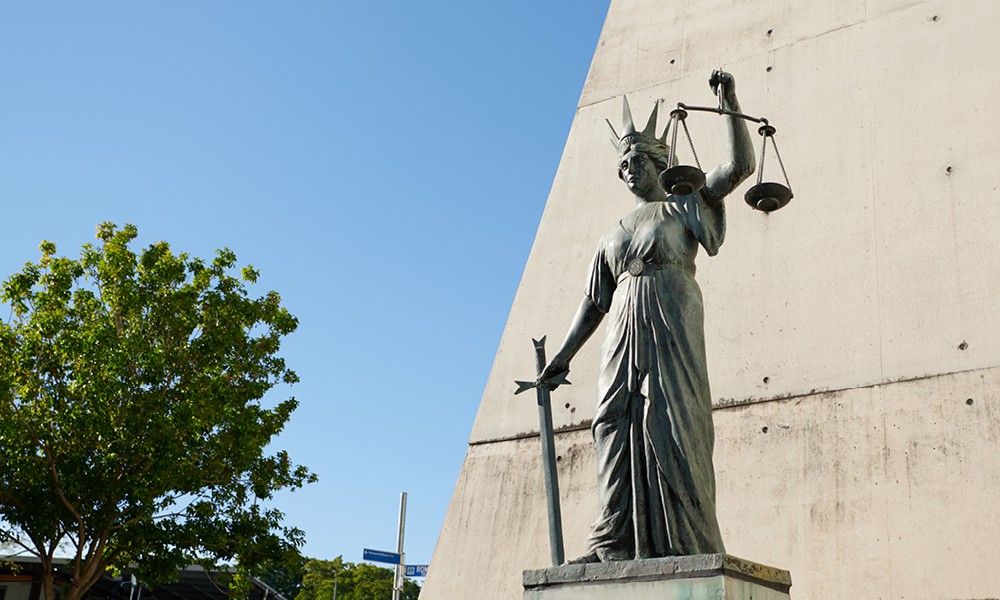In the recent case of Makripoulias v Arhontovasilis,1 the Supreme Court of Victoria considered whether the plaintiff’s solicitors should be restrained from acting on the grounds that the practitioner might be a material witness in the proceedings.
Background
The respondent filed an application for revocation of the grant of probate which was made to the plaintiff. Both parties are children of the deceased.
The respondent relied on two grounds for their application:
- The deceased may have lacked testamentary capacity before or at the time of the execution of the 2020 will (the will)
- The will was made in suspicious circumstances.
The will was prepared by Mr Koutsoupias (the practitioner), who was appointed as the sole executor of the deceased’s estate.
The respondent sought to have the practitioner restrained from acting for the plaintiff on the grounds that he would be a material witness in the case.
Issues
The court recognised that it had an overriding jurisdiction to intervene and turned to the relevant legal principles set out by Brereton J in Kallinicos v Hunt,2 noting that the test to be applied in this inherent jurisdiction was “whether a fair-minded, reasonably informed member of the public would conclude that the proper administration of justice requires that a legal practitioner should be prevented from acting…”.3
Due to the grounds raised by the respondent, the court was of the view that it was likely the practitioner may be called as a witness in the proceeding.4
In considering the issues, the court turned to Veall v Veall5 and concluded that as the propounder of the will, the plaintiff would need to satisfy the court that the deceased had testamentary capacity. The court also turned to different judgments6 in considering the involvement of solicitors in the preparation of wills, and noted solicitors have a duty to ensure a testator’s capacity where there is doubt.7
In this circumstance, the court found that it was likely the practitioner, as the drafter of the will and an attesting witness to its execution, would be called as a witness to discharge the burden upon the plaintiff.8 The court noted that while the plaintiff may not call the practitioner as a witness, it was conceivable that the respondent would. Therefore, the court was satisfied that the practitioner was likely to be called as a witness.9
The court found that this put the practitioner in a position of conflict between10:
- His duty to his client to prosecute her claim as to the validity of the will
- His personal interest in defending his advice and his adopted position regarding evidence which is relevant and admissible on the question of testamentary capacity
- His overriding professional duties as an officer of the court.
For these reasons, the court was satisfied that a fair-minded, reasonably informed member of the public would conclude that the practitioner should be prevented from acting, in the interests of maintaining the administration of justice.11 The court restrained the practitioner from continuing to act for the plaintiff.
Janelle Linato is a law student in the Queensland Law Society Ethics and Practice Centre. This article has been approved by Grace van Baarle, Manager, Ethics Solicitor, QLS Ethics and Practice Centre.
Footnotes
1 [2022] VSC 53 (Makripoulias).
2 (2005) 64 NSWLR 561, 582 [76].
3 Makripoulias (n1) 10.
4 Ibid 17.
5 (2015) 46 VR 123, [170].
6 Makripoulias (n1) 29-32.
7 Ibid.
8 Ibid 35.
9 Ibid 36.
10 Ibid 43.
11 Ibid.














Share this article